Opinion – Charlotte doesn’t need a Development Review Board (DRB)
The town is considering a DRB to replace the ZBA and Planning Commission. Three former ZBA chairs say that’s not a good idea.
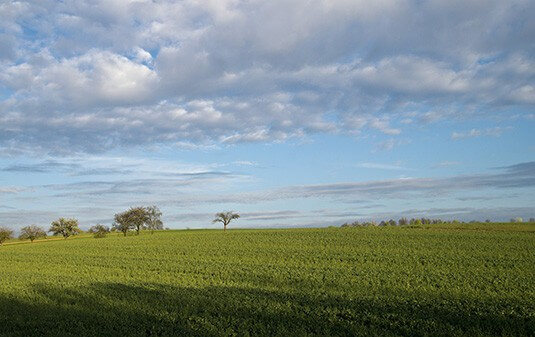
The town is considering a DRB to replace the ZBA and Planning Commission. Three former ZBA chairs say that’s not a good idea.
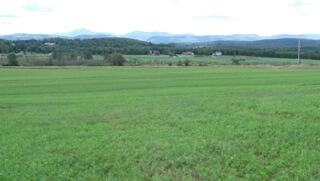
At their regular meeting on Monday, Sept. 13, the town’s Selectboard approved the expenditure of $50,000 from the Charlotte Conservation Fund for a conservation project.
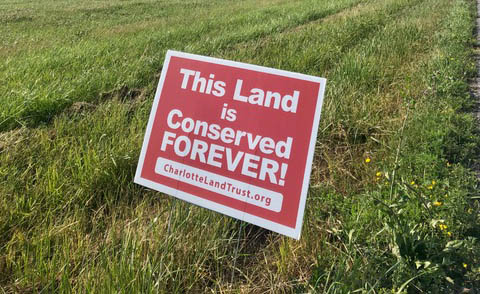
Every summer the Charlotte Land Trust posts red “This Land is Conserved Forever” signs around almost all of the conserved land in Charlotte.
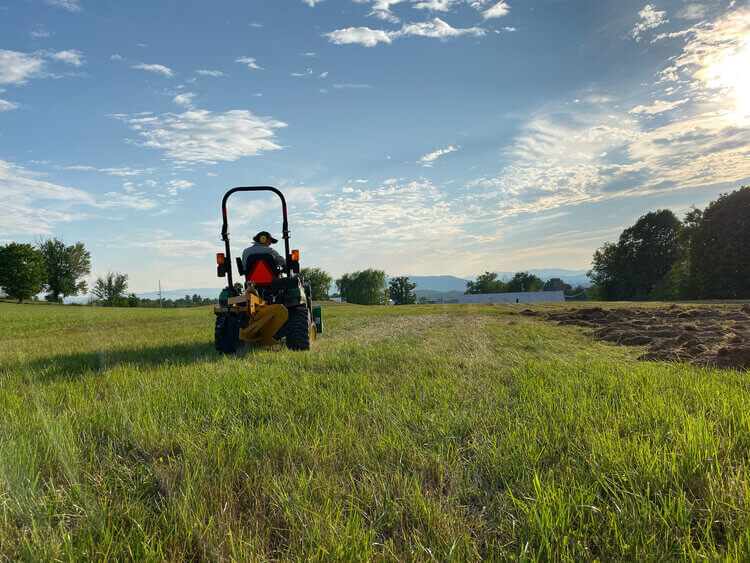
John and Carol Snow have owned property on the east side of Route 7 near the border with North Ferrisburgh since 1994. A few years ago, they subdivided their house, outbuildings and some of the acreage from the open farmland that spread from near Route 7 up toward Mt. Philo Road.
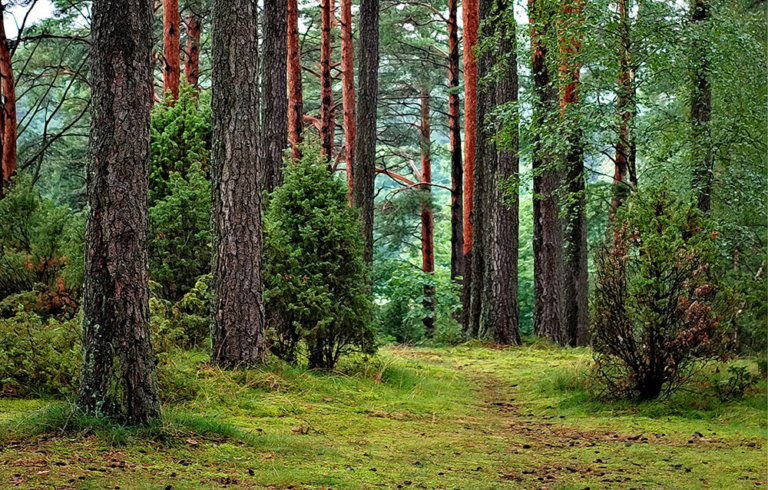
Whether you realize it or not, the lives of Vermonters are massively enriched by forests, both aesthetically (we are the Green Mountain State, after all, and the green on the mountains is forests), economically and culturally (through our working landscape

Whether you are a forest manager, landowner or enjoyer of the outdoors, it can be intimidating to know your role in the management of our forests.
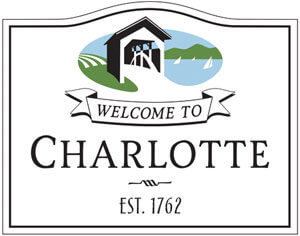
An amendment to the Town Plan is on the Nov. 5 ballot. Before anyone’s eyes start glazing over, an explainer is in order: What is the town plan? Why is it being amended? What does this have to do with Charlotte, and why do we need to vote on it?

At its Sept. 23 meeting the Selectboard heard requests from the Trails Committee on trail expansion, the Energy Committee on library solar panels, and the Charlotte Land Trust on FY2021 budget requests. The Selectboard also designated the Tractor Parade, to be held this year on Oct. 13, as an official town event, naming committee members, and agreed to continue to sponsor the annual event.
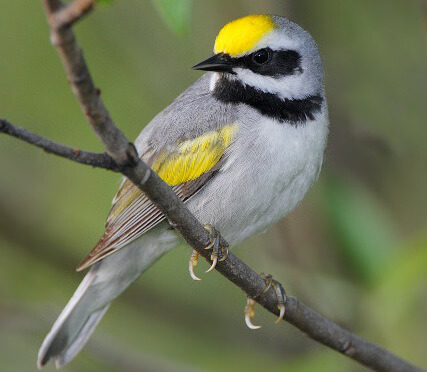
The golden-winged warbler (GWWA) is an early-successional species whose songs have captivated many. Vermont is currently the only New England state that hosts a population of these unique and beautiful birds, which require a special habitat of sparse trees and shrubs, with an understory of grasses and forbs, all adjacent to a forested area. In addition golden-wings are ground-nesting birds and prefer hardwood rather than softwood trees.
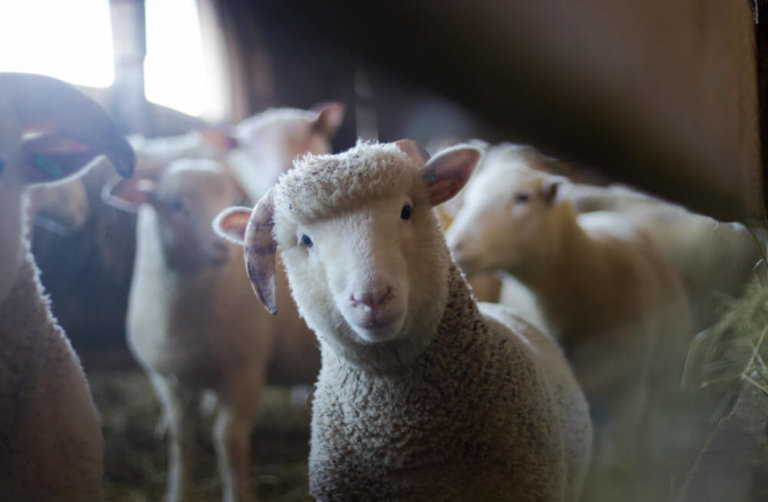
If you spend time in the woods, chances are that you will stumble upon an old cellar hole, stone wall or agricultural implement rusting among the trees. These cultural artifacts are striking and speak to the strange and fascinating history of European settlement in Vermont, which is intertwined with the history of our forests. In most areas of Vermont, I would classify human disturbance as the largest influence over the condition of our forests as they currently exist. The history of how this came to be is a story of settlement, war and mania.